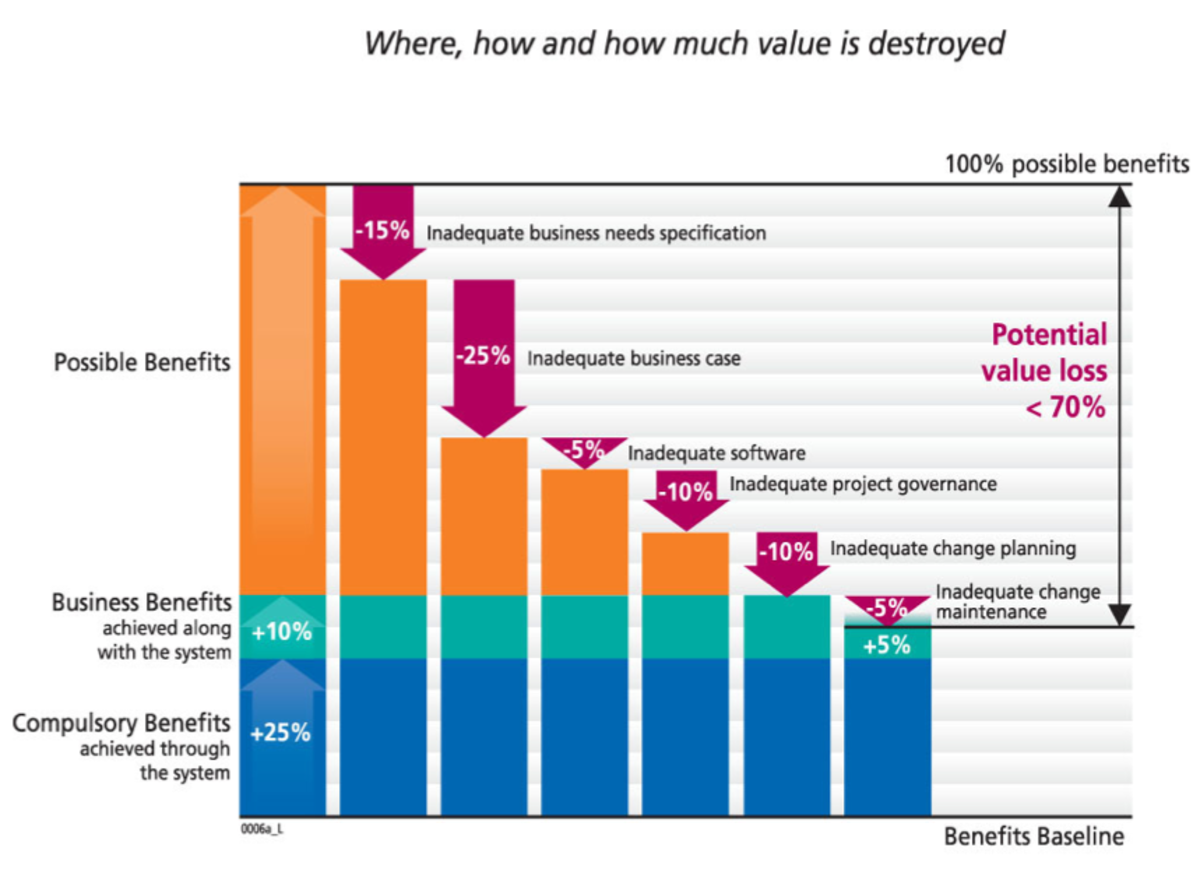How to work with not so great business communicators

There are millions of people who study business communications, get their qualifications and believe they’re great communicators. I have yet to meet one who actually is a great communicator on any level.
There are a few basic types of non-great business communicators:
Executives
These guys assume that they’re talking to experts who can read between the lines on any statement, however obscure, and make sense of it. They deliver expectations, motivation, inspiration, you name it, but what they do not deliver in any sense is useful information.
The story is-
“We’ve got a great new project for you. We’re doing a big sales campaign for ABCDE Inc., and we want you to do all the copy and create the message for us. This is going to look great on your resume, real portfolio stuff you’ll be able to dine out on for years. This is their white paper, this is their internal cost analysis study, this is their press release. Have fun!"
You now have a library to read, and no actual direction about what’s being sold, when it’s being sold, client priorities, sales issues, distribution, merchandising, packaging, or any of the nuts and bolts stuff. The white paper will be interesting, the internal cost analysis will give a few clues, and the press release may or may not tell you what it’s all about, usually in 5 point font.
Middle managers
Middle managers get it coming and going, and usually work on the basis of what they think is expected from those above them. They don’t have a choice, but they’re also obstacles in terms of communicating ideas upwards. Everything must go through them. It’s their reason for existence, and they’ll defend it to the death- Usually someone else’s death.
Their spiel is typical-
“You did a great job. There’s just a few points we need to rework-
· Can we refocus on the great benefits of the product, not tell people what it is? After all, people have never seen it before.
· We don’t want words like (insert dictionary) or (insert thesaurus) but it’s really good copy.
· We actually wanted 200 words, not 700.
· We use American English spelling.
· We have to use the trademark superscript on each mention of the product, the client insists.
…Keep up the good work!”
The middle managers honestly believe they’re doing a conscientious job, and may actually work for hours to deliver that information. The fact that they’ll have an absolutely baffled copywriter, who still doesn’t have a professional standard brief to work with, escapes them entirely. If you told them they weren’t great communicators, they wouldn’t understand it.
Ahem.
Does either case look like good communication? Facts in both cases are few and far between, delivered before or after the actual production work is done.
The remedy for not so great communicators
The solution is simple, but you need the patience of God or more to do it:
· Ask questions- These will generate a response unless you’re dealing with a closet dictator who will react negatively to anyone even suggesting they’re giving less than complete information. This may take a while, but it’ll save you hours of work, rewrites and rehashes.
· Make suggestions if you can get a word in- The story here is that the gaps in delivery of the non-information may allow you to put in a few words to redirect the conversation/monologue/sermon into areas where you can get information.
· Ask for advice- This works on anyone, even dictators. It reinforces their role as leaders, makes them feel wanted as mentors, and adds a bit of status to their role in the project, whatever it may be. The “advice” will be exactly what they should have told you in the first place.
You can leave a gap in the process, too. Instead of asking for information or engaging in the mid-torrent of verbiage, you can wait for a while and ask specific questions or make suggestions and ask for advice in a structured way. This means you can get the work done and confirm what’s needed at the same time, reducing the hideous risk of totally counterproductive work to a minimum.
The story with the not so great communicators is that they can argue with you, but they can never argue with themselves. Remember that, and you’ll find it’s a lot easier to work with them.






